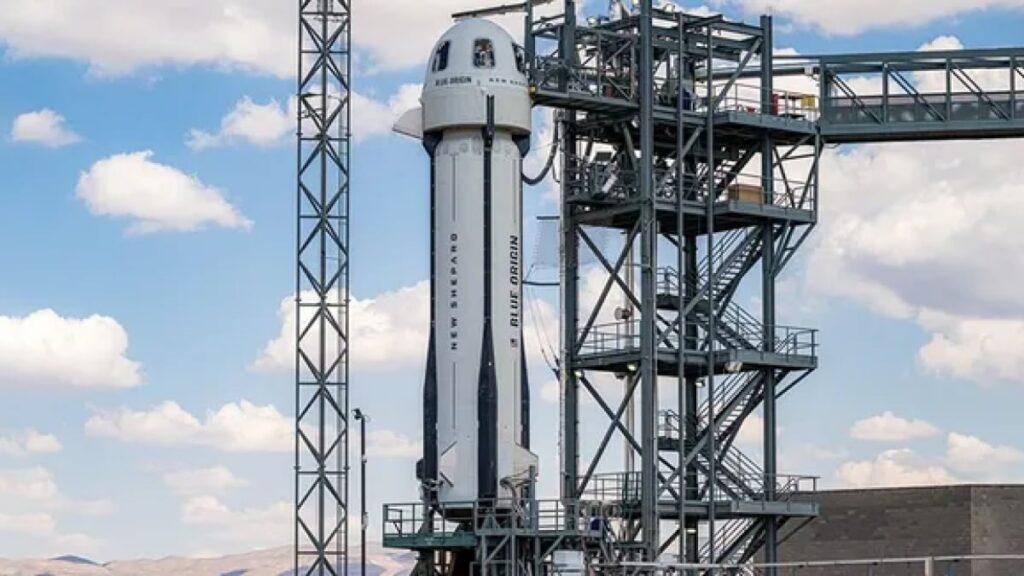Blue Origin’s latest attempt to launch its second New Shepard rocket, designated NS-27, was delayed by a GPS malfunction. Originally scheduled for liftoff on Oct. 13 at 9:27 a.m. EDT (18:57 GMT), the mission was to send a newly developed rocket-capsule combination into suborbital space. This failure followed a previous cancellation just six days earlier, when the first launch attempt was aborted due to technical problems.
Company statement on postponement
The airline, founded by Jeff Bezos, took to Xu (formerly Twitter) to announce the delay, saying: “We are abandoning today’s launch attempt to resolve GPS issues. A new launch target is forthcoming.” This latest delay raises questions about the reliability of the systems that support the New Shepard program, which has previously completed 26 missions, eight of which carried astronauts.
The significance of the NS-27 mission
The NS-27 mission will be significant as it marks the debut of Blue Origin’s second human evaluated vehicle. This rocket features enhancements designed to improve performance and reusability, along with an updated exterior and additional payload capabilities. Although this mission will be uncrewed, it will carry 12 research payloads, including advanced navigation systems intended for both New Shepard and Blue Origin’s larger New Glenn rocket.
Implications for space tourism and exploration
The development of this new spacecraft aims to increase the company’s flight capacity to accommodate the growing customer base for suborbital space tourism. The Kármán Line, located 62 miles above Earth, is recognized as the limit of space, and NS-27 will contribute to ongoing research relevant to future lunar missions, including LIDAR sensors designed to operate on the Moon.
Rivalry in the space industry
On the same day, SpaceX launched its Starship Flight 5 test mission, which successfully included the first landing and recovery of the Super Heavy booster. Meanwhile, SpaceX’s Crew-8 mission, which includes the Dragon Endeavor capsule, was delayed as it prepared to leave the International Space Station, awaiting improved weather conditions to return to Earth.


